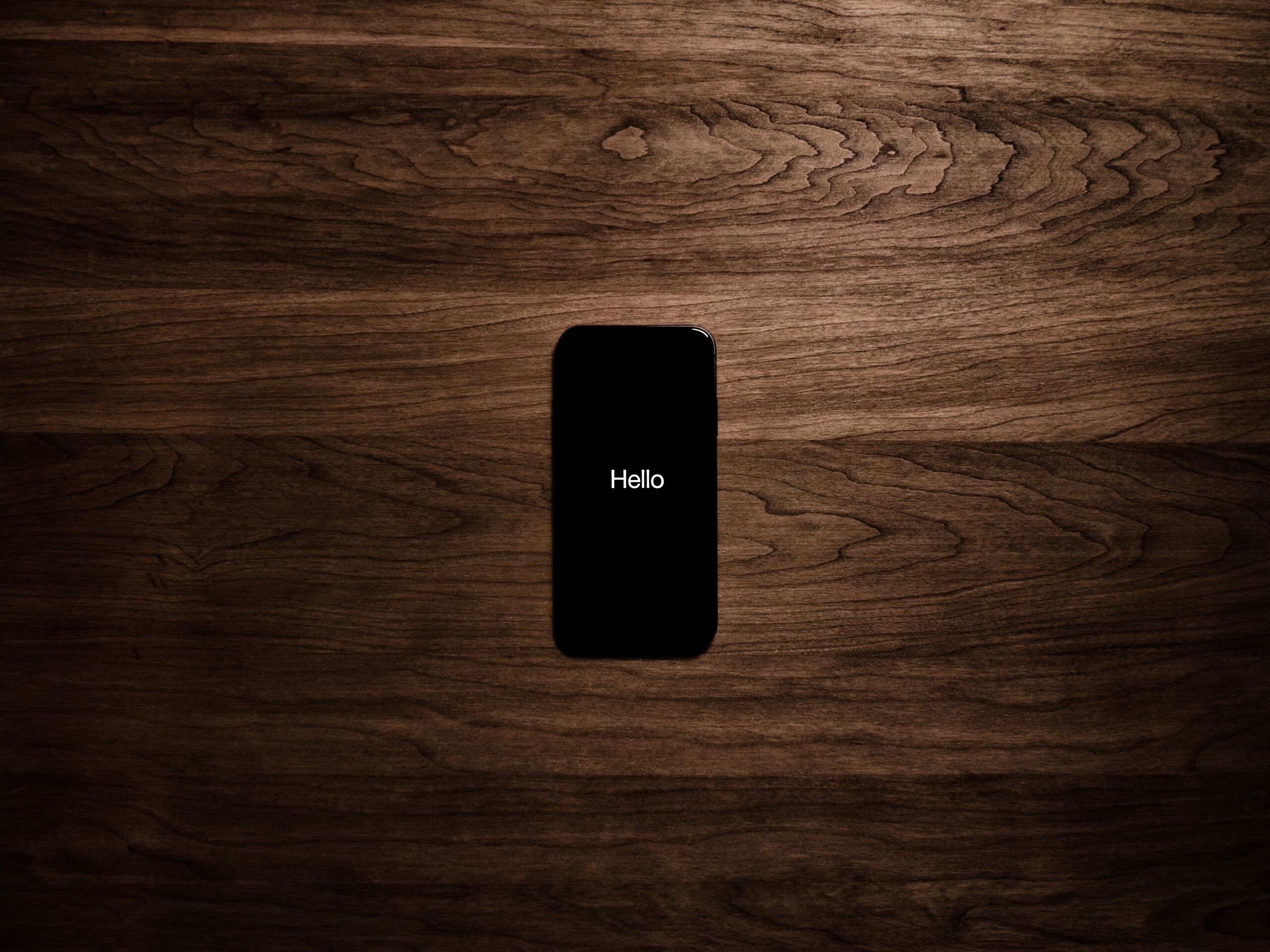The World and Your Private Images are at Your Fingertips…and Everyone Else’s
In today’s technology focused society, almost everyone carries a weapon in their pocket —their smart phones. The exchange of a phone number, formally the key to communication, is virtually and literally no longer necessary. Social media apps like Snapchat, Instagram, and Facebook, connect individuals across the globe without any formal information exchange. This makes sharing, posting, and interacting as simple as one touch on a screen. While there are certainly many ways that social media benefits people globally- bringing them together, making activism easier, and bridging oceans and languages- comes an equal number of potential harmful behaviors.
What is Doxing?
With the simple tap of a screen, a smartphone can go from a communication device into a weapon. The dissemination of personal information- social security numbers, addresses, phone numbers, passwords, employer, work location- without an individual’s consent is called ‘doxing‘.
Doxing has become an increasingly common online victimization tactic. Doxing is commonly used against individuals with online presences, such as influencers or politicians, but is not limited to public figures. It has become increasingly commonplace to meet people who have been the victims of doxing either by vindictive exes or simply a person with an intent to harm or complicate someone’s life. Victims of doxing are, unfortunately, often the targets of an additionally hateful crime that ruins lives: revenge porn.
What is Revenge Porn?
While pornography itself is not a new concept, the mass distribution of pornography via digital platforms is constantly evolving. Camera phones have made taking sexually explicit images increasingly easy and common among all ages, genders, and backgrounds. Sending and receiving these images is as normalized for many young people who have grown up with access to this technology, much like the prior generations’ ability to pass a note in the hallway. Many of these exchanges are consensual when they begin. There is an often unspoken agreement that these images are only meant for the original recipient. Once the relationship sours, the potential for revenge porn increases.
Revenge Porn or Non-consensual Pornography is a broad categorization of criminal and non-consensual distribution of sexually explicit content. The term was popularized in the early part of the last decade, when activists such as activist Charlotte Laws and attorney Carrie Goldberg began using their public platforms to educate the public on these types of crime.
As of today, 45 states, D.C., and one U.S. territory have revenge porn laws. The passing of such laws has been a concerted effort among activists. This an amazing first step for victims of revenge porn. However, it is only the start. Many of these statutes are intentionally vague due to fear of conflict with the First Amendment. Cases are often not actively pursued by law enforcement without direct advocacy. The fight to protect victims of revenge and non-consensual pornography is ongoing. It will continue to be fought until the proper protections are put in place for victims.
What Can I Do if I Am the Victim of Revenge Porn? Are There Protections for Me?
In Ohio, R.C. § 2917.211, Non-consensual dissemination of private images, makes it illegal for someone to distribute images of another person when:
- The person in the image is 18 or older;
- The person in the image can be identified, either from the image itself or the context in which the image was disseminated;
- The person is nude or engaged in a sexual act;
- The image is disseminated without the person’s consent;
- and with intent to harm.
Thus, R.C. § 2917.211 makes sending illicit, sexual imagery of a person over the age of 18 with harmful intent a misdemeanor, with varying penalties depending on whether the violator is a repeat offender.
Also, in Ohio R.C. § 2307.66 gives victims of non-consensual dissemination of private images a civil cause of action, meaning the right to sue the individual for damages. The damages include any of the following:
- An injunction or temporary restraining order prohibiting further dissemination of the image;
- Compensatory and punitive damages;
- That the offender pays the victim’s reasonable attorneys’ fees; and/or
- That the offender covers the court costs incurred by the victim in bringing the civil action.
An important inclusion in this statute is “the victim shall be presumed to have suffered harm as a result of the non-consensual dissemination.” This means the damage caused by any violation of R.C. § 2917.211 is automatically assumed if it is upheld as a violation in court. This allows victims the opportunity to seek damages without “proof” of the harm caused by the dissemination of the illicit images.
Who Can I Ask for Help?
Speaking with an attorney can help you determine what your rights are. It can also help you understand any exceptions that may disqualify you from pursuing any potential damages claim. Laws such as these help victims of doxing and revenge porn fight for justice. These types of crimes have become a worldwide phenomenon and creating protections to fight for victims is crucial. To speak with an attorney about your situation, call Barkan Meizlish DeRose Cox, LLP at (800)-274-5297 or send us an email at info@barkanmeizlish.com.



